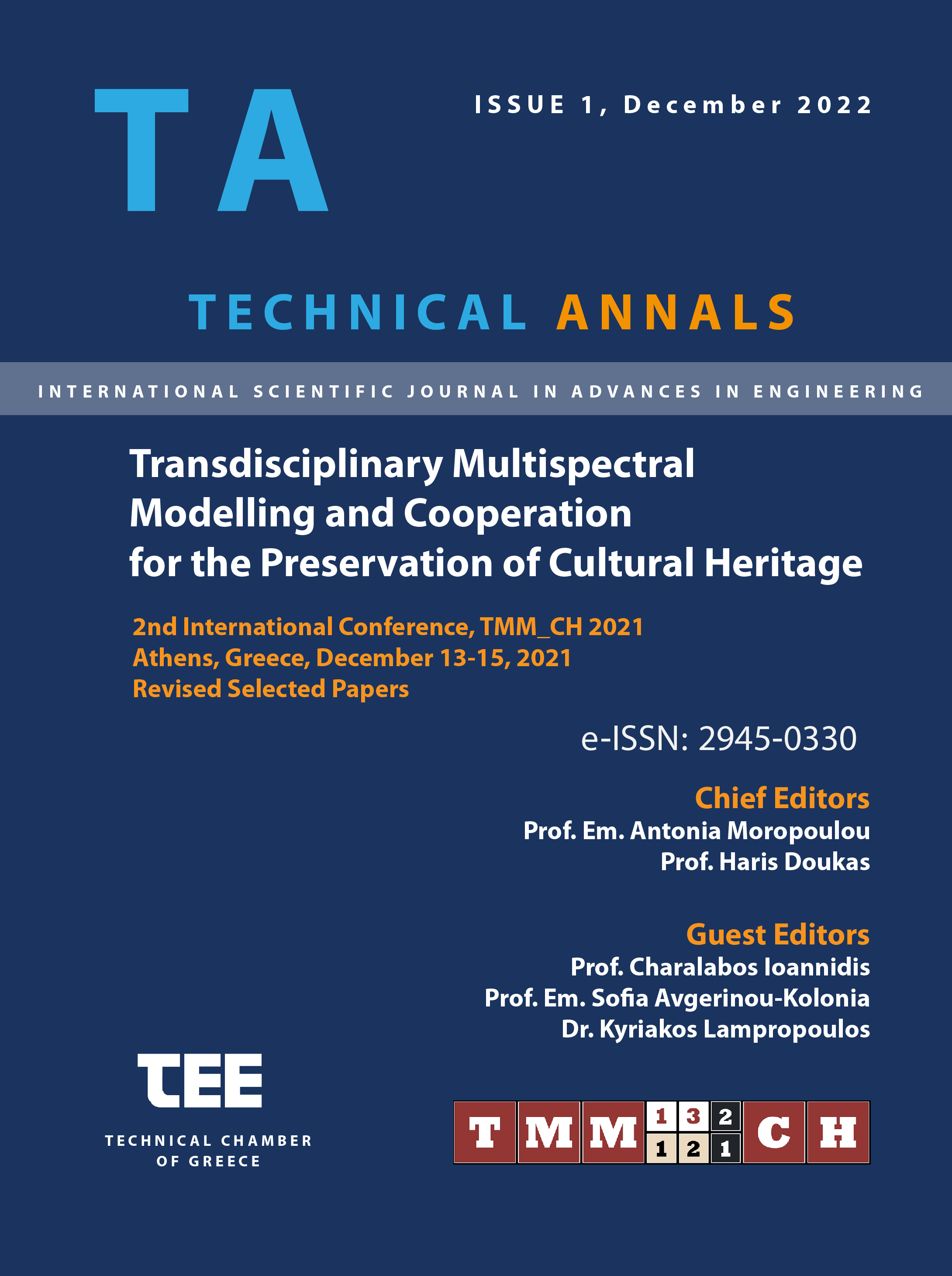Exploring the Process of Educational Visits to the Primary schools as an Educational and Cultural Experience. A study based on Empirically Grounded Theory, in parallel with the Perspective of Cultural Communication
Abstract
The educational visit, regardless of its multiple valuable functions and concepts, is a process of institutionalized education that takes place in places of cultural reference, according to the instructions given in the respective school curricula. It starts at school and ends at school, with an intermediate phase at the Museum. It is, therefore, typically an educational and cultural experience. However, it includes a series of activities that take place in different spaces of identity and philosophy, actions of people from two different scientific and professional fields, interactions of people who approach the process with different means and of course have different goals, needs and motivations. To the pluralism of this peculiar framework of the educational visit are added the qualitative parameters of the condition related to the person who participates and gives a special imprint to the process with his uniqueness, depending on his role. The comparative analysis of three studies on primary school students, teachers and museum professionals sought to provide an explanation from three different groups of subjects actively participating in an educational visit on the identity of the heritage-focused museum experience. The aim was to highlight the points of identification and differentiation in order to improve the effectiveness of the institution with an emphasis on the goals of cultural communication. In other words, how the educational visits as an institutionalized pillar of cultural heritage communication contribute to the formation of awareness attitudes, and the conscious participation of those involved in the whole process.
Article Details
- How to Cite
-
Drakaki, M. (2022). Exploring the Process of Educational Visits to the Primary schools as an Educational and Cultural Experience. A study based on Empirically Grounded Theory, in parallel with the Perspective of Cultural Communication. Technical Annals, 1(1), 317–323. https://doi.org/10.12681/ta.31818
- Section
- Novel educational approaches

This work is licensed under a Creative Commons Attribution-ShareAlike 4.0 International License.



